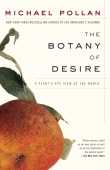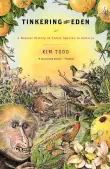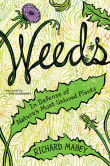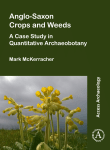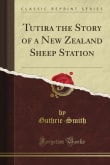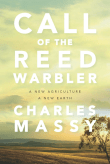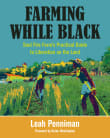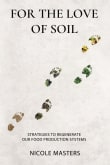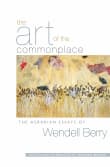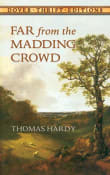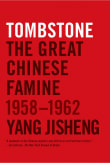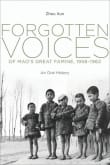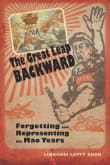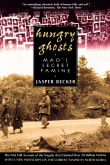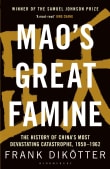The Columbian Exchange
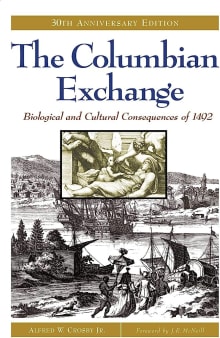
Book description
Thirty years ago, Alfred Crosby published a small work that illuminated a simple point, that the most important changes brought on by the voyages of Columbus were not social or political, but biological in nature. The book told the story of how 1492 sparked the movement of organisms, both large…
Why read it?
2 authors picked The Columbian Exchange as one of their favorite books. Why do they recommend it?

This book is the most exciting treatment of Columbus’ "discovery" of the Americas because it takes seriously the underlying biology. Now a classic, this was a pioneering study in 1972 that the master environmental historian had a hard time publishing. It is crisply written with hardly a wasted word and teaches you of the wiles of the dandelion, of what travels caught in the fur of dogs or the hooves of horses, and especially in the guts and bloodstream of all organisms as they move from one ecosystem to another.
In the wake of the Covid pandemic, Crosby’s is an…
From Paolo's list on how plants make human history happen.

When I finished reading this book, I climbed Mount Norwottuck in Amherst, Massachusetts, and looked out over the Pioneer Valley. My perspective was completely transformed. I tried to imagine what this same valley must have looked like five hundred years before—or what a walk through New England’s woods would be without stumbling over an ancient stone wall, a Norway Maple, a field of dandelions, or other remnants of European colonialism.
This book illustrates the impact of early globalization on the earth’s biota, and how nature became implicated in human agendas of conquest. His chapter on syphilis is particularly fascinating to…
From William's list on invasive species and their impact on human history.
Want books like The Columbian Exchange?
Our community of 12,000+ authors has personally recommended 100 books like The Columbian Exchange.

